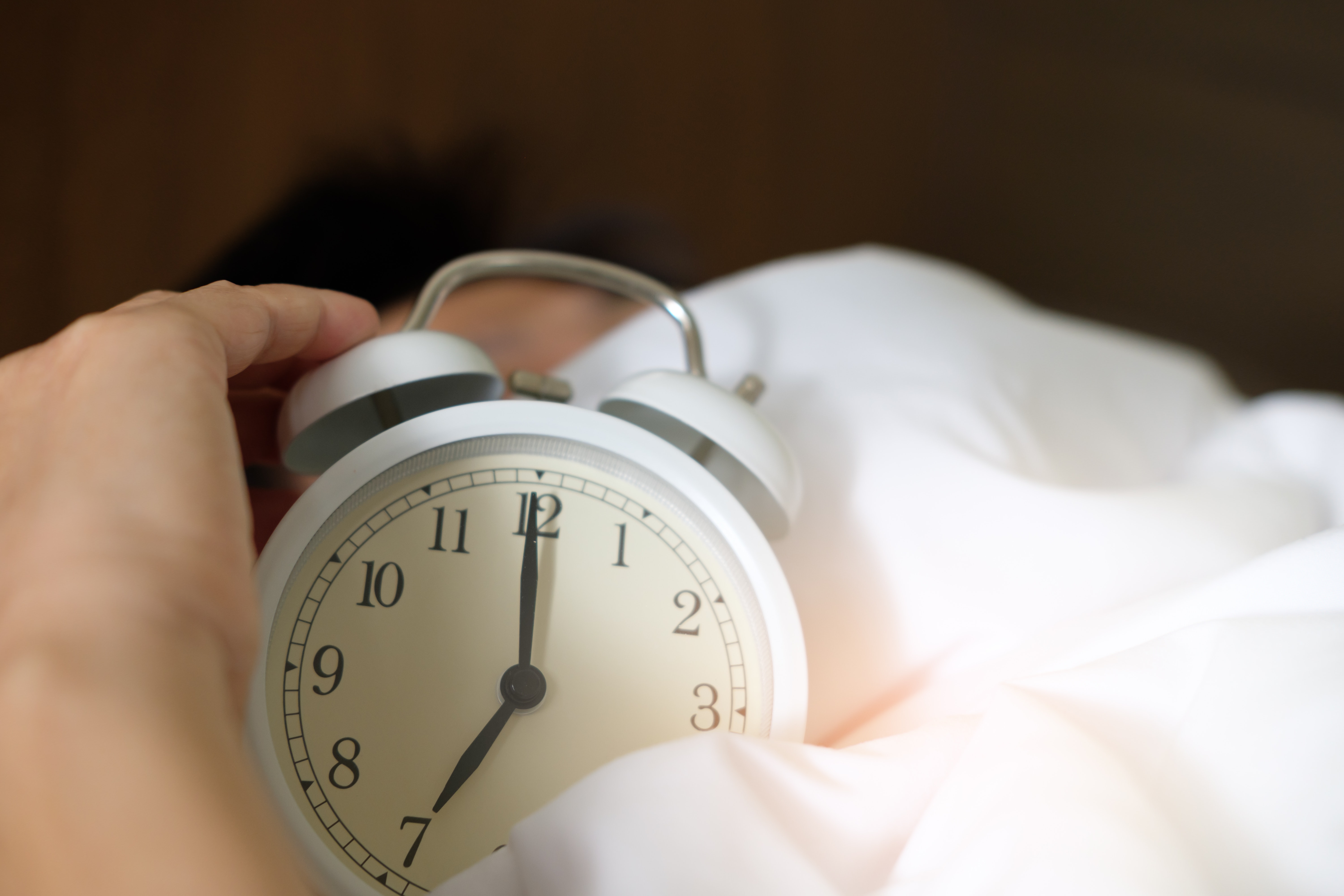Do you wake up with a dry mouth or sore throat every morning? Waking up with a dry mouth feels like your mouth is full of cotton, which is very unpleasant.
Dry mouth is a very visible sign of sleep. Millions of people have experienced dry mouth. But it’s not always clear what causes it or how to prevent it. If you’re one of them, you know that the night time is usually the worst, waking up thirsty and feeling uncomfortable and depressed without relief.

What Is Dry Mouth?
Dry mouth, also known as xerostomia, is a health condition that affects the salivary glands in the mouth. It prevents you from producing enough saliva to keep your mouth moist. You may produce a small amount of saliva, and it may even be difficult to produce saliva.
Saliva plays an important role in keeping your mouth hydrated, but not only that, it also keeps maintain the pH balance in your mouth, meaning it doesn’t get too acidic, and it helps control the amount of bacteria inside the mouth.
However, in the absence of saliva, all the soft tissues in the mouth that rely on saliva hydration begin to dry out, while bacteria in the mouth have excellent conditions to thrive, producing acidic waste products that cause cavities and other dental problems.
What Is the Symptom of Dry Mouth While Sleeping?
Dry mouth symptoms can vary from person to person. But you might notice the following symptoms if you’re experiencing dry mouth at night:
- Often need to drink water all night
- Wake up feeling like you can’t breathe through your mouth
- Wake up in the morning with a sore throat
- Dry or chapped lips
- Dry hoarse throat
- The tongue pain
- A lot of saliva accumulates in the morning
- Bad morning breath and throughout the day

What Causes Dry Mouth?
Dry mouth is caused by a lack of saliva production in the mouth. When you’re awake, you consciously control saliva production, so drink a glass of water to stay hydrated when you feel your mouth dry. However, the worst symptoms of dry mouth occur when you are asleep.
While dry mouth is a health condition, it is not typically a single symptom but is often caused by another health condition, such as dehydration, drug use, smoking, radiation, aging, or even diseases like diabetes or Parkinson’s disease. Therefore, when you feel dry mouth, be alert and treat promptly.
How to Prevent Dry Mouth While Sleeping?
If left untreated, chronic dry mouth is not only annoying and painful, it can also lead to tooth decay and gum disease. Here are some relief measures to prevent dry mouth while you sleep that may help:
1. Drink more water and stay hydrated
Drinking at least 2.5 litres of water a day is recommended as the salivary glands need water to produce saliva. Drink plenty of water throughout the day so it can be absorbed by the body rather than flushed out by the kidneys. Remember not to drink only when you are thirsty.
2. Avoid caffeine and alcohol at night
Alcohol is a diuretic, and drinking at night is likely to dehydrate your body and increase the likelihood of dry mouth. Caffeine also has a mild diuretic effect, so avoid both later in the day.
3. Quit smoking
Smoking releases toxic chemicals that interfere with normal bodily activity, and your mouth is exposed to them. Cutting back on smoking or quitting altogether can prevent dehydration.
4. Avoid spicy, acidic foods and limit salt intake
Pungent and acidic substances can increase the rate at which your body loses water. Eating salty foods leads to too much sodium in your body, which requires your kidneys to pull water out of your cells to neutralize it, leaving your body dehydrated.
5. Chew sugar-free gum
Chewing sugar-free gum, or suck on sugar free candies or mints to help increase saliva production.
6. Brush your teeth before bed
It’s important to take good care of your mouth, teeth and gums. Before you go to bed, you should clear away the day’s food particles and keep your mouth clean to avoid accumulating food particles during sleep.

7. Put a humidifier in your room
Dry mouth is a common symptom when the weather is dry and there is less moisture in the air. Use a humidifier in the bedroom to moisten the air and reduce dryness in the mouth at night.
8. Use nasal patches
When you sleep, a nasal patch gently opens your nostrils, allowing you to keep breathing through your nose, effectively preventing dry mouth from breathing through your mouth.
9. Use an artificial saliva product
Artificial saliva comes in the form of oral gels, mouthwashes or sprays and can be used to moisten the mouth before bed. It can relieve the symptoms of dry mouth.
10. Check and change your medications
If you take any medications regularly, see if they mention dry mouth as a side effect. If possible, talk to your doctor about changing medications.
Conclusion
Dry mouth can cause many serious physical and mental problems if left untreated. If you often suffer from dry mouth, find out what is causing it and take appropriate steps to treat and relieve the symptoms. Oral health is the gateway to the health of the rest of the body, so pay attention to keeping your mouth moist and healthy.
Try Mintal Tracker App for more health information.









